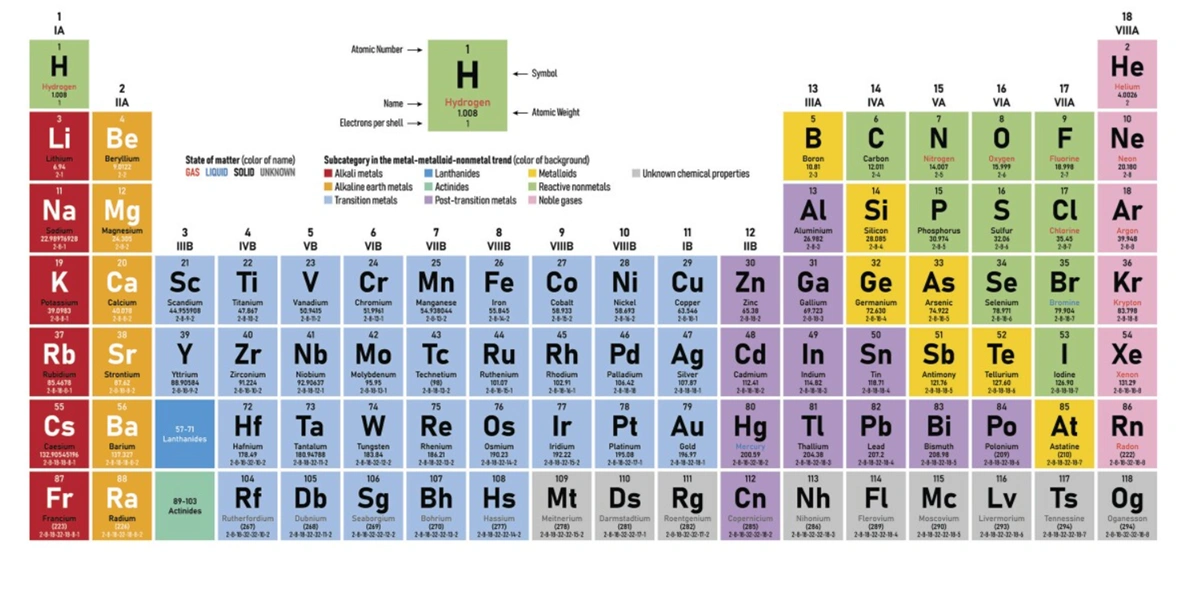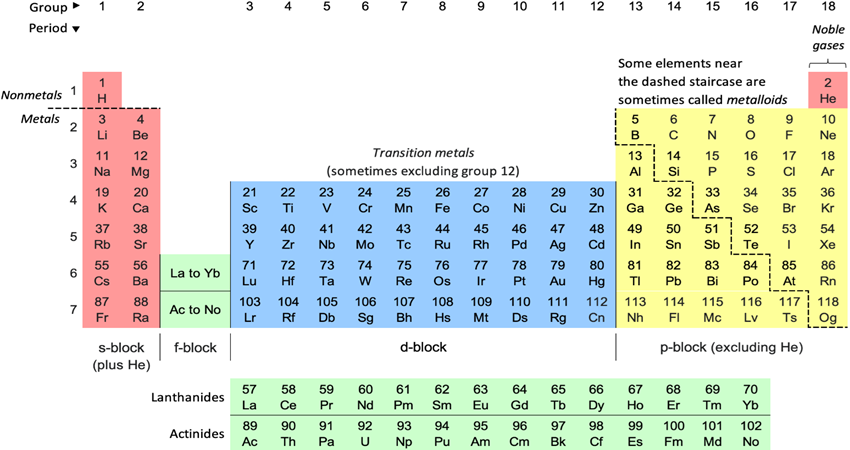[sc_fs_faq html=”true” headline=”h2″ img=”” question=”What is Biomedical Engineering?” img_alt=”” css_class=””] Biomedical Engineering (BME) is an interdisciplinary field that combines principles of biology and engineering to create solutions for medical and healthcare challenges. BME encompasses various areas such as biomaterials, biomechanics, medical imaging, and tissue engineering. A solid understanding of both biology and chemistry is essential in this field, making the choice between AP Biology and AP Chemistry particularly significant. [/sc_fs_faq]

Key Areas of Study within BME
- Biomaterials: Understanding materials that interact with biological systems.
- Biomechanics: Applying mechanics to biological tissues and systems.
- Medical Imaging: Developing technologies like MRI and CT scans.
- Tissue Engineering: Creating artificial organs and tissues.
AP courses are designed to give high school students a taste of college-level coursework. They can also help you earn college credit, potentially allowing you to skip introductory courses once you reach university. For students interested in BME, science AP courses like Biology and Chemistry are particularly important because they lay the foundational knowledge required for advanced study.
AP Biology is an in-depth course that covers various topics in biology, including genetics, evolution, and cellular processes. The course emphasizes scientific inquiry, data analysis, and critical thinking. Students who take AP Biology develop a strong understanding of the biological processes that are essential for BME.
Course Content and Structure
AP Biology is divided into four main ideas:
- Evolution: The process by which life evolves over time.
- Cellular Processes: How cells grow, divide, and function.
- Genetics: The study of genes and heredity.
- Ecology: The interaction between organisms and their environment.
Key Topics Covered in AP Biology
- Cellular Respiration and Photosynthesis
- Mendelian Genetics and Inheritance
- DNA Replication and Protein Synthesis
- Population Ecology and Evolution
Skills Developed in AP Biology
- Data Analysis: Interpreting scientific data and graphs.
- Scientific Inquiry: Developing and testing hypotheses.
- Critical Thinking: Analyzing biological concepts and theories.
AP Chemistry focuses on the principles of chemistry that underpin many processes in BME, such as chemical reactions, thermodynamics, and molecular structure. The course is more quantitative than AP Biology and requires a strong foundation in math.
Course Content and Structure
AP Chemistry is organized around six big ideas:
- Structure of Matter: Understanding atoms and molecules.
- Bonding and Intermolecular Forces: How substances interact.
- Chemical Reactions: The processes of chemical change.
- Kinetics: The speed of chemical reactions.
- Thermodynamics: Energy changes in chemical reactions.
- Equilibrium: The balance between products and reactants.
Key Topics Covered in AP Chemistry
- Atomic Structure and Electron Configuration
- Molecular Geometry and Bonding Theories
- Stoichiometry and Chemical Equations
- Thermochemistry and Thermodynamics
Skills Developed in AP Chemistry
- Quantitative Analysis: Performing calculations and interpreting numerical data.
- Laboratory Skills: Conducting experiments and analyzing results.
Problem-Solving: Applying chemistry concepts to new situations.
Comparing AP Biology and AP Chemistry
While both courses are rigorous, they differ significantly in content and skills required. AP Biology is more conceptual and involves understanding biological systems, while AP Chemistry is more quantitative and requires a strong foundation in mathematics. Both exams are structured differently, with AP Biology focusing on free-response questions and AP Chemistry emphasizing problem-solving and calculations.
Differences in Course Content
- AP Biology: Focuses on understanding life processes, genetics, and ecosystems.
- AP Chemistry: Emphasizes chemical principles, reactions, and the properties of matter.
Differences in Skills Required and Developed
- AP Biology: Critical thinking, data analysis, and scientific inquiry.
- AP Chemistry: Quantitative reasoning, problem-solving, and laboratory skills.
Exam Structure and Format
- AP Biology: 60 multiple-choice questions and 6 free-response questions.
AP Chemistry: 60 multiple-choice questions and 7 free-response questions, including calculations and lab-based questions.
AP Biology is particularly relevant for students interested in areas of BME that involve biological systems, such as tissue engineering, genetics, and biotechnology. The course provides a strong foundation in the biological processes that are crucial for understanding how the body works and how to create biomedical solutions.
Examples of BME Topics Covered in AP Biology
- Genetics: Understanding gene therapy and genetic engineering.
- Cell Biology: Exploring how cells can be manipulated for medical purposes.
- Ecology: Studying the environmental impacts of medical technologies.
Relevance of AP Chemistry for BME
AP Chemistry is essential for understanding the chemical processes involved in BME, such as drug development, biomaterials, and chemical engineering. The course offers the necessary background in chemistry to grasp the principles behind many biomedical technologies.
Examples of BME Topics Covered in AP Chemistry
Chemical Reactions: Understanding how drugs interact with the body.
Thermodynamics: Exploring energy changes in biochemical reactions.
Molecular Structure: Designing materials that interact with biological systems.
Which Course is More Challenging?
The difficulty of AP Biology versus AP Chemistry often depends on your strengths and interests. Students who excel in math and enjoy solving problems might find AP Chemistry more manageable, while those who prefer conceptual learning and biological sciences may lean towards AP Biology. Both courses are challenging in their own right, with AP Chemistry often perceived as slightly more difficult due to its quantitative nature.
Student Experiences and Testimonials
Many students find AP Chemistry more challenging due to the heavy emphasis on calculations and lab work. On the other hand, AP Biology is often seen as more manageable for those who prefer reading and conceptual understanding. However, both courses require dedication and consistent effort.
College Credit and Placement
Both AP Biology and AP Chemistry can earn you college credit, depending on your exam score and the college you attend. Some universities allow students to skip introductory courses in biology or chemistry if they score well on these AP exams, which can lighten your college course load and give you more flexibility in your studies.
Impact on College Course Load and Major Requirements
- AP Biology Credit: May allow you to skip introductory biology courses, freeing up time for advanced electives.
- AP Chemistry Credit: Can exempt you from general chemistry, a prerequisite for many science and engineering majors.
AP Course and College Admissions
AP courses are highly regarded by college admissions officers because they demonstrate your ability to handle challenging coursework. Choosing between AP Biology and AP Chemistry might not significantly affect your admissions prospects, but excelling in one or both can strengthen your application, especially if you’re applying to a competitive BME program.
How Your Choice Might Influence Your Application
- AP Biology: Shows interest in biological sciences, relevant for BME programs focusing on biomaterials, tissue engineering, and genetics.
- AP Chemistry: Indicates strong analytical skills and a solid foundation in chemistry, beneficial for chemical engineering aspects of BME.
Career Pathways: Biology vs. Chemistry in BME
Your choice between AP Biology and AP Chemistry can also influence your career path within BME. While both subjects are important, certain BME careers might require a stronger background in one over the other.
BME Career Paths Benefiting from AP Biology
- Genetic Engineering
- Biotechnology
- Tissue Engineering
BME Career Paths Benefiting from AP Chemistry
- Pharmaceutical Engineering
- Biomaterials Development
- Chemical Engineering
Tips for Succeeding in AP Biology
To excel in AP Biology, it’s essential to stay organized, keep up with the reading, and engage in active learning. Utilize practice exams, flashcards, and group study sessions to reinforce your understanding of complex concepts.
Study Strategies
- Create a study schedule: Break down the syllabus into manageable sections.
- Use visual aids: Diagrams and flowcharts can help you grasp complex processes.
- Practice free-response questions: These are crucial for doing well on the AP exam.
Resources and Practice Materials
- Textbooks: Campbell Biology
- Online Resources: Khan Academy, AP Classroom
- Practice Exams: College Board’s official AP practice tests
Tips for Succeeding in AP Chemistry
AP Chemistry requires a solid understanding of math and chemistry basics. Focus on mastering the fundamentals, practicing problem-solving, and performing hands-on experiments whenever possible.
Study Strategies
- Understand the basics: Make sure you have a strong grasp of atomic structure and stoichiometry.
- Practice calculations: Regularly solve problems related to chemical equations, thermodynamics, and kinetics.
- Perform experiments: If possible, get hands-on experience with lab work to reinforce theoretical knowledge.
Resources and Practice Materials
- Textbooks: Chemistry: The Central Science
- Online Resources: Bozeman Science, Chem Collective
Practice Exams: College Board’s official AP practice tests
How long is the AP Chem Exam?
The AP Chemistry exam is approximately 3 hours and 15 minutes long. It is divided into two sections:
- Section I: Multiple Choice – 60 questions, 90 minutes
- Section II: Free Response – 7 questions, 105 minutes
Each section is designed to test different skills and knowledge areas in chemistry.
| Read More Topics |
| Do we know more about Organic or Inorganic Chemistry |
| Give properties of biodiesel and power alcohol |
| Theoretical calculation of calorific values |





